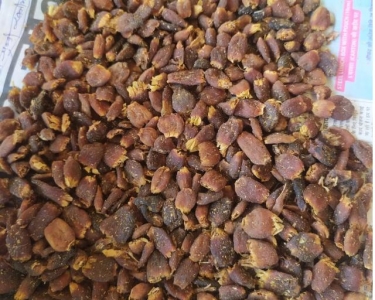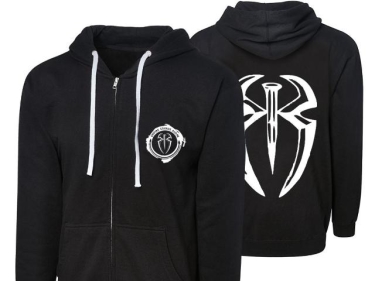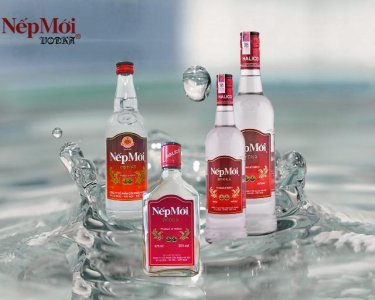Ceramic products
Couldn't find the product you want?
Fill out this form to request the product.
Products You May Like
Export from Cuba
The economy of Cuba is a planned economy, which means that the largest part of the country's production is owned and controlled by the government. The main sectors of the Cuban economy are industry, agriculture and tourism. Agriculture represents about 10 percent of the country's GDP and 20 percent of the population are employed in this sector. The main crops cultivated in Cuba are tobacco, coffee, sugarcane, citrus, beans, rice, livestock and potatoes.
The main mineral resource of Cuba is nickel, representing 21 percent of total exports. Other important mineral resources are cobalt, iron ore, steel, marble and petroleum. Cuba also produces cement and asphalt.
Tourism in an important part of the Cuban economy and it is one of the major sources of revenue for the country. Cuba is a popular touristic destination due to its favorable climate, beaches and a mixture of different cultures.
Cuba is the world's 136th largest exporter, the main exports being sugar, nickel, refined fuels, pharmaceuticals and tobacco. Cuba also exports beverages, iron and steel, fish and wood. The most important Cuba's export destinations are the UK, Spain, the Netherlands, Canada,Venezuela and China.
Import to Cuba
Cuba had a difficult period in its economy, but now the government works on reforming the economy thus contributing to the economic growth. The government of Cuba approved a plan for economic changes in April 2011. As a result, limited economic reforms (allowing people to buy electronics, buy and sell used cars) were implemented. Also the government gave the possibility for entrepreneurs to be "self-employed".
Reforms equally included permission for the private ownership, sale of new vehicles, sale of agricultural products directly to hotels and adopting a new foreign investment law.
It should be mentioned that Cuba’s economy is quite dependent on imports, more than 80 percent of all food consumed in Cuba being imported. In this context the United States is the main food supplier for the country.
Cuba mainly imports vehicles, motor parts, machinery and equipment, food, vegetable oils, cereals, chemicals, fuel and diesel engines. Cuba’s main sources of import are Venezuela (which represents 30 percent of the total imports), China, Spain, Brazil, the US, Mexico, Canada, Italy, Germany, Vietnam and Russia.
Export Portal's Ceramic Products
There is no limit to the stunning and especial ceramic products you can find at Export Portal. The Ceramic Products Department supplies a broad range of ceramic and pottery supplies throughout the world. Whether you are searching for colorful glass tiles, mosaic tiles, polished porcelain floor tiles, or wood-look tiles, Export Portal can find you a tile style that is perfect for your home. So come take a look at our amazing collection!
Online Shopping for Ceramics
With Export Portal, you can enjoy the convenience of online shopping, along with great deals for the best products and ceramic tiles to enhance any décor. Ceramic tiling is a great addition to your home, especially for your bathroom and kitchen floors. Our tiles come in various patterns and sizes to match the different preferences of our customers and can be installed on floors, walls, countertops, and more. Usually, these tiles are available in brick-and-mortar stores, but these stores may carry a limited inventory and run out easily. However, with an online marketplace like Export Portal, you have access to a wide assortment of ceramic products organized by a list of categories that are offered by verified sellers all over the world. And all this is available from the comfort of your home.
For those looking for other ceramic products besides tiles, we've got those too. Limitless Hunch, a verified seller from India, supplies all kinds of glassware, from sublimation mugs and printed cups with saucers to porcelain coffee mugs. Don't forget to take a look at those as well!
Get Yours on Export Portal
Find great deals on Export Portal for ceramic fiber and engineered ceramics supplies as well. Ceramic fiber boards are available in a variety of densities, temperature ratings, thicknesses, and lengths. Export Portal works to make your online shopping much easier and provide you with the best shopping experience. Check out our site and supplies today!
Customs requirements of Cuba
Cuba Customs Contacts
Website: http://www.aduana.co.cu/
Email: publico@agr.aduana.cu
Telephone:(537)855-5466-71
Address: 6 st y 39 st, Plaza de la Revolución, La Habana, CP 10400
Cuba is situated where the Caribbean Sea, the Gulf of Mexico and the Atlantic Ocean meet. It is located south of Florida and the Bahamas, west of Haiti and north of Jamaica. The country is a member of the Bolivarian Alternative for the Americas, Latin American Integration Association, United Nations, Association of Caribbean States and Mercosur.
Export/Import Requirements
Goods can be imported into Cuba only by government entities and joint ventures holding permits for the specific goods in question. Agents can handle goods on consignment for licensed importers, but they cannot import on their own account and they cannot conduct distribution operations. Joint ventures with foreign participation will generally obtain their import permits through their Cuban partners, but the right to import specific categories of products may be included in negotiations when seeking approval of the joint venture agreement.
Import duties are generally managed and paid for by the Cuban importer. Following an update in 2008, the simple average tariff on approximately 5,400 commodities was reduced from 11.5% to 10.4% for most favoured nation (MFN) countries, according to the Ministerio del Comercio Exterior (MINCEX), Ministry of Foreign Trade. The maximum MFN tariff is 30%. Cuba applies the MFN rate to goods originating in Canada and other countries with which it has bilateral agreements. Non MFN general tariff averages 17.9%. Cuba is also a member of the Latin American Integration Association (ALADI). Import tariff classifications are based on the Harmonized System (HS) at the 8-digit level. Entities with foreign partners may be granted duty free status for some or all of those products as part of their economic association or joint venture agreement.
A license is required for the export or reexport to Cuba of all items subject to the Export Administration Regulations (EAR).
Source:
http://www.bis.doc.gov/index.php/policy-guidance/country-guidance/sanctioned-destinations/cuba





